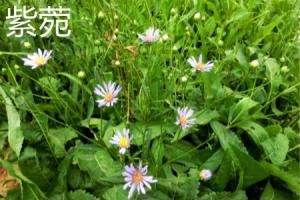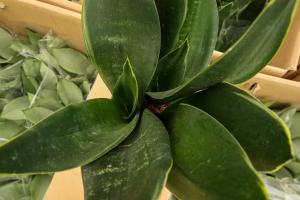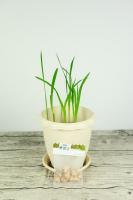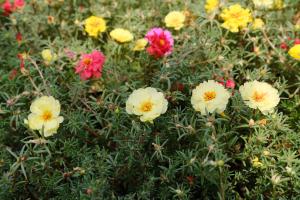Introduction
Boiling water is often used to kill weeds, insects, and pests in gardens. However, many people are unsure if using boiling water will harm their plants. In this article, we will explore the effects of boiling water on plants.
How boiling water affects plants
Boiling water can cause significant damage to plants. When poured directly onto a plant, the high temperature can cause the tissues and cells to rupture, leading to scalding or death. This is because the high temperature of boiling water can cause the plant to lose its moisture too quickly, which can cause dehydration and ultimately lead to death.
Which plants are most susceptible to damage?
Plants with shallow roots or thin stems are most vulnerable to damage from boiling water. This includes young herbs, seedlings, and delicate flowers such as pansies and petunias. Additionally, plants with soft leaves or waxy coatings, which are more susceptible to heat damage, may also be at risk.
How to use boiling water without damaging plants
While boiling water can be harmful to plants, there are ways to use it safely in the garden. Boiling water can be used to kill weeds, but it should be poured directly onto the weeds themselves and not on the surrounding plants or soil. It's important to carefully target the area you want to treat and avoid pouring boiling water on your plants. If you must use boiling water near your plants, pour it slowly and in small amounts to minimize the risk of damage. Alternatively, you can use a watering can or spray bottle to apply water at a lower temperature.
Conclusion
Boiling water can be a very effective way of controlling weeds and pests in the garden. However, it can also be harmful to plants if used incorrectly. The key to using boiling water safely is to be careful and targeted in your application. By pouring boiling water only on the areas you want to treat, and avoiding your plants, you can eliminate weeds and pests while keeping your garden looking healthy and beautiful.

 how many times do yo...
how many times do yo... how many planted tre...
how many planted tre... how many pine trees ...
how many pine trees ... how many pecan trees...
how many pecan trees... how many plants comp...
how many plants comp... how many plants can ...
how many plants can ... how many plants and ...
how many plants and ... how many pepper plan...
how many pepper plan...
































